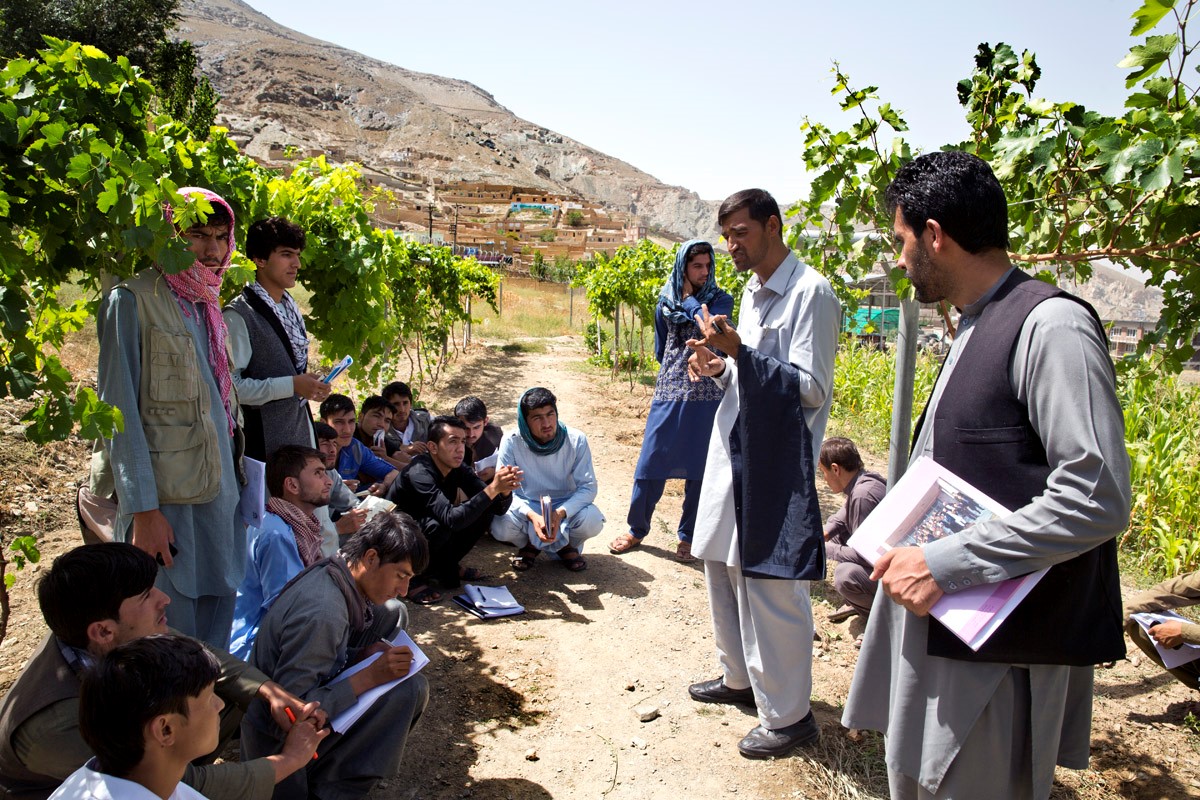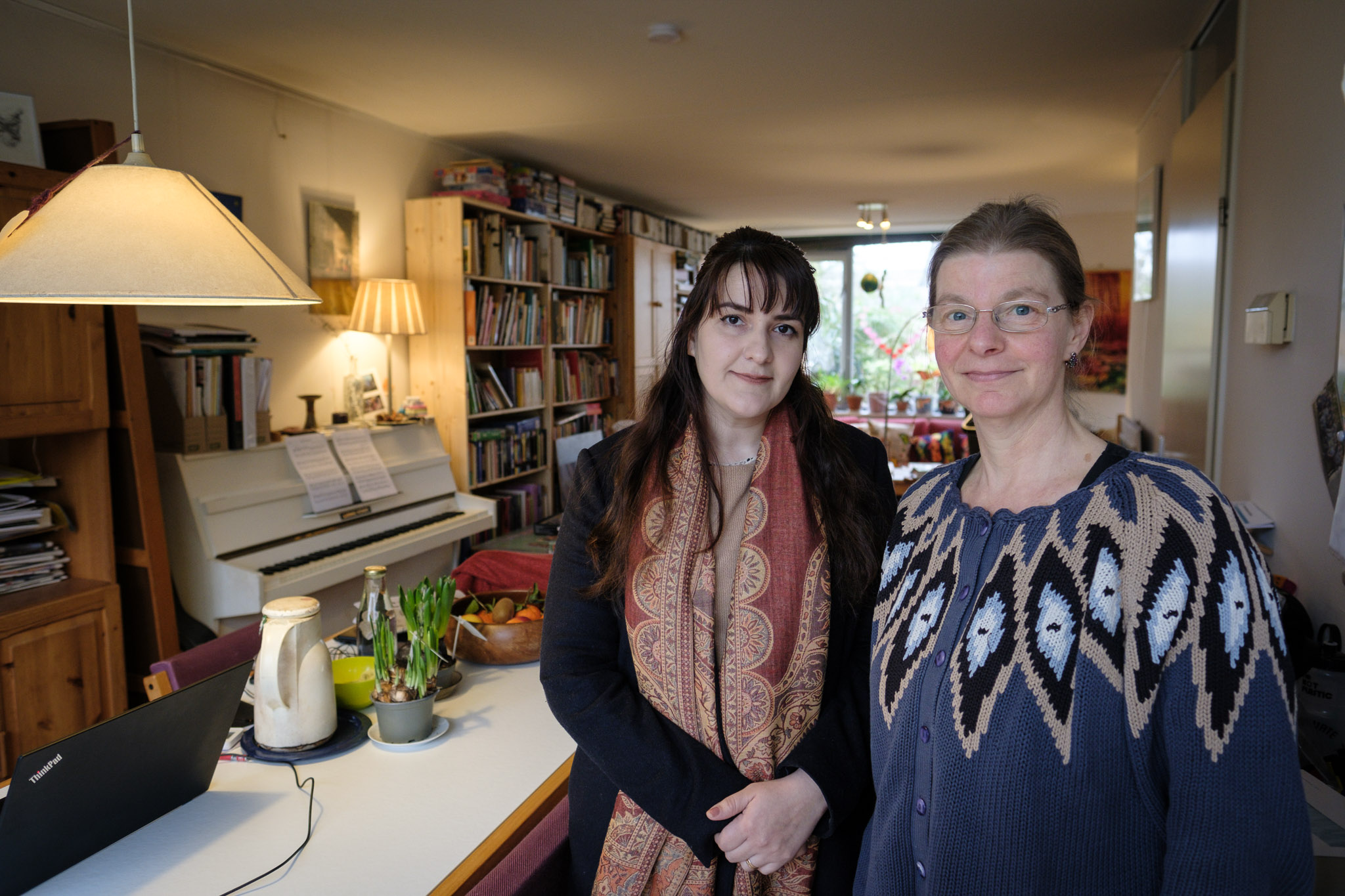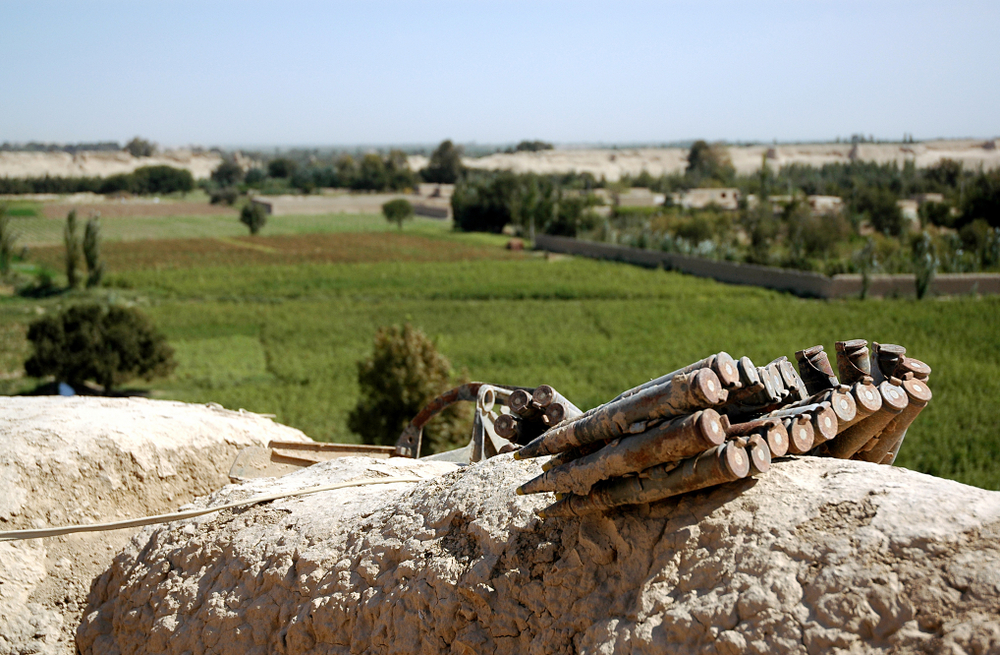WUR has not paid the staff of the National Agriculture Education College (NAEC) in Afghanistan for some months now. Normal financial transactions with Afghanistan have not been possible since the Taliban took over and sanctions imposed by the US Treasury Department barred payments to the country.
Now banks are no longer prepared to transfer funds to Afghanistan. But as a result, WUR is failing to meet its obligation to pay the salaries of its staff in Kabul, says Hans van Otterloo, the project manager of the teacher training programme in Kabul. The backlog of salaries payable to teachers, guards and farm workers employed by NAEC amounts to 72,000 dollars.
Van Otterloo thinks WUR should transfer the money without delay using an alternative banking system — the hawala system — but WUR doesn’t want to do this without permission from the ministry. The hawala system works on the basis of trust. WUR pays an intermediary (person or organization), who then arranges for someone in Afghanistan to pay out the amount in question. Nearly all Western NGOs in Afghanistan, such as Cordaid, use this or a similar method.
Taliban
According to the Executive Board, WUR has attempted to make various test payments to Afghanistan using the regular banking system, but they did not work. ‘The legality of alternative transfer methods other than regular bank transactions has not been verified and we must avoid inadvertently sending public funds to terrorist organizations such as the Taliban,’ says the Executive Board. WUR does not see how it can make the payments in a financially responsible manner and has asked the Ministry of Finance for advice.
Van Otterloo thinks an option would be a variant on the hawala system whereby WUR transfers money by bank to a group of companies in Dubai, which can then order their partner organization in Afghanistan to pay the salaries. This would allow WUR to record the payments properly in its accounting system. The Ministry of Foreign Affairs promised two months ago that it would inform development partners what payment methods they could use, but it has yet to come up with an answer.
Kafkaesque
The situation of WUR’s teacher training programme in Kabul is starting to feel Kafkaesque. Last summer the ministry of Foreign Affairs, which funds the programme, extended the project until 1 November 2022 but since the Taliban took over it has put all the activities on hold. Van Otterloo is also officially no longer the project manager manager as of 1 November. Van Otterloo: ‘But we are all behaving as if there is still a project; everyone is continuing to play their role.’ He wants to keep the teacher training going at least until 1 May 2022 so that the current cohort of students can complete their training as agriculture teachers and WUR can look for follow-up financing.
Human lives
The staff have not been paid since October, while the economic situation in Afghanistan is dire. Van Otterloo has sent his Afghan colleagues an advance of a few thousand dollars so that they can at least buy food. ‘I hope nobody ends up dead because we were more concerned about the accounting risks than human lives.’

 NAEC in better times, photo WUR
NAEC in better times, photo WUR 

